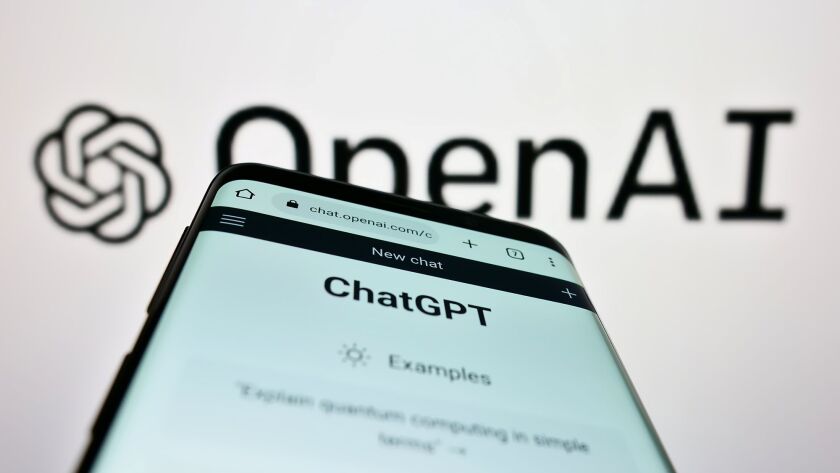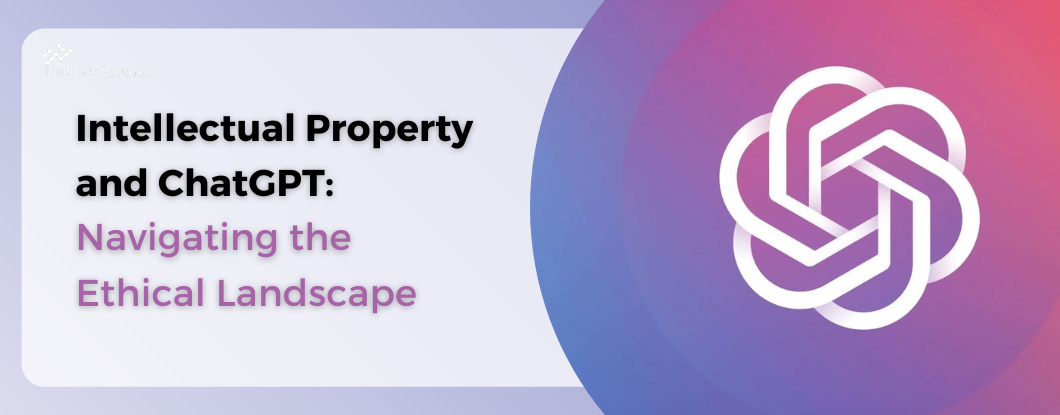As cutting-edge artificial intelligence chatbots become progressively modern, they are bringing up significant questions about IPR law and its application to these new advances. Specifically, there are worries about the ownership of content produced by artificial intelligence chatbots, and how to protect and manage the content made by AI.
One main point of interest is the degree to which artificial intelligence chatbots can be thought of as “creators” of original content for reasons of copyright regulation. As these frameworks become further developed, they can produce even better pictures, texts, and different types of content that are indistinguishable from content made by humans. This brings up issues about who should be thought of as the “creator” of the substance for copyright, and whether such content ought to be qualified to be given similar IP rights.
As a rule, copyrighted materials are made by human creators and are considered original content that is fixed in a substantial form. This implies that the work should be communicated in a physical or computerized form, like a book, a PC file, or a painting, to be safeguarded by intellectual property law. With regards to artificial intelligence chatbots, it is not clear whether the substance produced by these frameworks would be viewed as original and fixed in a substantial form, and consequently qualified for copyright protection law.

Some might contend that artificial intelligence is simply a tool or instrument that is utilized by human creators for work, and subsequently, the human creator ought to be viewed as the original maker and proprietor of the work. Others might contend that computer-based intelligence itself ought to be viewed as the maker and proprietor of the work, provided its capacity to produce unique substance without any intervention by a human.
It is challenging to say for certain whether the substance produced by computer-based intelligence would be qualified for copyright law under existing regulations. Nonetheless, the rise of these advancements brings up significant questions and difficulties that should be addressed to guarantee that IP rights are safeguarded.
Another issue is the potential for IP infringement by artificial intelligence chatbots. As these frameworks become all the more broadly utilized, there is a gamble that they may coincidentally or purposefully produce content that encroaches on the Intellectual Property rights of others or that is duplicative of other artificial intelligence-created content. For instance, an AI chatbot that produces text or pictures in light of previous work without consent could be considered encroaching.
The development of cutting-edge artificial intelligence devices raises significant concerns related to IP that should be addressed to guarantee that these innovations are utilized ethically and that respect the rights of human creators. Technologists, attorneys, and policymakers should cautiously consider these issues and work together to foster fitting legal structures for the utilization of artificial intelligence in the production of original content.


